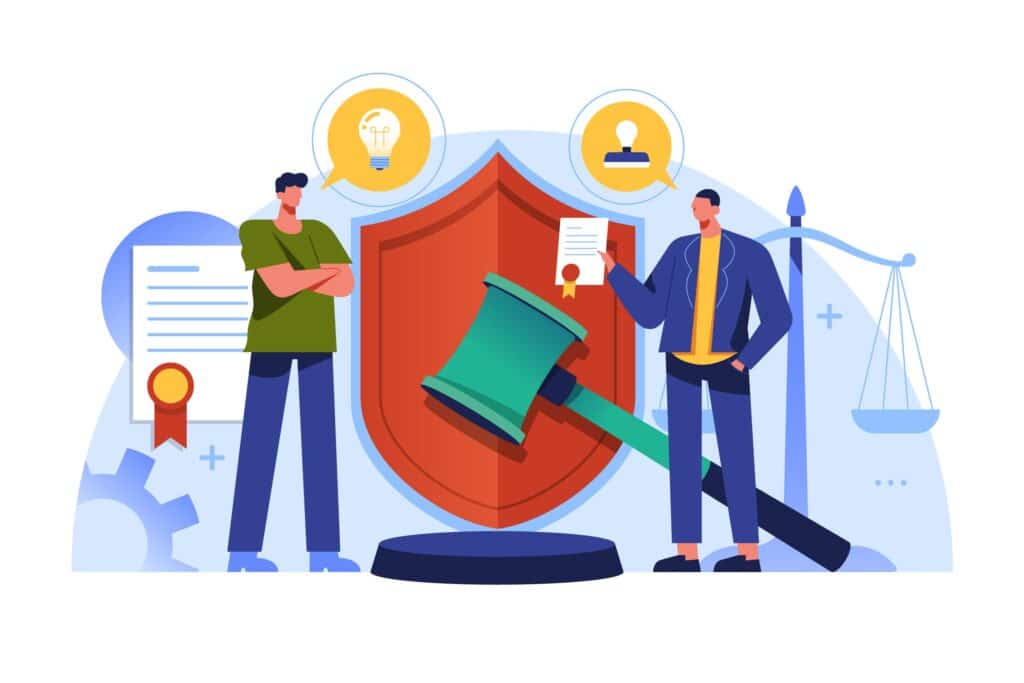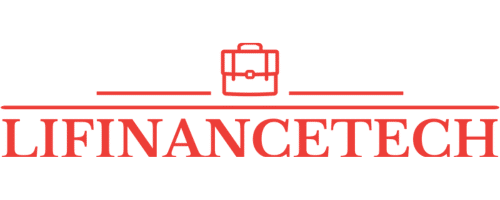
As a business owner, you know the importance of protecting your assets and investments. You’ve likely heard about LLCs (Limited Liability Companies) and their ability to provide liability protection for members.
But what exactly is involved in this process? How does it work?
We’ll explain all that, plus why an LLC can offer peace of mind when it comes to defending against potential legal risks. With its innovative approach to shielding owners from personal responsibility, forming an LLC could be one of the most important decisions you make as a business owner.
Understanding Liability Protection
Liability protection is a critical aspect of establishing an LLC. It can help protect your business from financial losses due to legal action, as well as provide asset protection for the owners and employees.
When considering liability protection under an LLC, it’s important to consider all potential tax implications and employee rights that may be affected. To minimize risks associated with operating a business, seeking legal advice regarding the best options for financial responsibility should also be taken into account.
It’s essential to understand the basics of how liability works when setting up an LLC so you can have peace of mind knowing your assets are protected in case something unfortunate were to happen. Liability limits the personal risk associated with any liabilities or debts incurred by the company while giving additional economic benefits such as pass-through taxes and self-employment deductions on income earned through the entity.
With this knowledge in hand, you’ll be able to make informed decisions about which type of structure will best suit your needs and interests while simultaneously reducing exposure to costly litigation or other unforeseen costs related to running a business.
Having adequate liability protection helps ensure that if anything goes wrong during operation, you won’t find yourself facing unexpected financial burdens or worse yet – losing valuable assets like property, investments, or even customers’ trust in your ability to run a successful enterprise.

Separating Business And Personal Assets
When structuring an LLC for liability protection, it is essential to separate business and personal assets. Doing so helps avoid negligence claims, which can be particularly damaging if the LLC’s owner is held personally liable for a lawsuit. Additionally, this distinction enables owners to file taxes appropriately with respect to their business income.
Asset Protection Trusts are often used by LLC owners who wish to protect their personal assets from being attached in lawsuits against the company. These trusts hold assets such as real estate or stock investments that would otherwise remain vulnerable under law. By establishing these trusts, businesses can comply with state laws while keeping their personal assets safe.
Finally, having proper legal documents in place will help ensure compliance with all necessary regulations and provide an additional layer of asset protection for both the individual and the business.
With meticulous planning and a sound understanding of potential risks involved, creating a strong foundation for separating business and personal assets becomes achievable – laying a solid groundwork for successful long-term growth of any organization.
Maintaining Adequate Insurance
When operating an LLC, it is essential to understand the risks associated with business operations and obtain adequate coverage. This means selecting policies that are tailored to your specific needs while managing costs in a way that won’t compromise protection.
Researching providers can help you find the right balance between quality coverage and cost-effectiveness. It’s also important to consider what additional forms of insurance may be needed for your business activities.
For example, if you plan on hiring employees or renting out property, workers’ compensation and landlord insurance will likely be necessary components of any comprehensive liability package. If you’re providing professional services, such as legal advice, errors and omissions insurance can provide an extra layer of security against potential claims from clients.
No matter which type of policy you select, make sure it meets all state requirements and provides sufficient financial coverage in case something goes wrong. Once you’ve obtained adequate insurance, periodically review your policies to ensure they remain up-to-date with changing laws and industry standards.
Understanding The Limitations Of Liability Protection
Forming a shield to protect one’s assets is essential for any business. The limited liability company, or LLC, offers this protection and is the most popular organizational structure in the United States. However, it takes more than simply filing paperwork to ensure legal compliance and maximize asset protection.
When forming an LLC, owners must adhere to state statutes that govern their formation and operation. Under these rules, members are shielded from personal liabilities associated with debts incurred by the company itself; however, this does not mean they are wholly exempt from obligations should the company become involved in litigation or bankruptcy proceedings.
Therefore, individuals need to be aware of how much risk they face when operating under an LLC status. Furthermore, there may be certain activities that can still expose members of an LLC to potential liabilities even though their personal assets are supposedly protected.
For example, if members were found guilty of fraudulently misrepresenting information on behalf of their LLC then they could suffer consequences as serious as criminal charges depending on the severity of the offense committed. Thus, understanding exactly what risks come with owning an LLC is crucial before deciding whether this type of entity would suit your needs best.
In order to stay safe while reaping all the benefits offered by forming a limited liability company it’s important to take into account all aspects related to its establishment and maintenance including knowing where one stands legally at every step along the way.

Frequently Asked Questions (FAQ)
What Type Of Insurance Is Best For My LLC?
When it comes to choosing the best insurance coverage for your LLC, there are a variety of options available.
It’s important to consider asset protection and legal advice as part of your business planning process. Estate planning can also be included in this discussion. You may want to consult with an attorney who specializes in LLC liability protection to ensure that you get the right combination of insurance and other strategies tailored to meet the specific needs of your company.
What Happens If I Fail To Separate My Business And Personal Assets?
Risking lawsuits, state regulations and financial instability can be detrimental to any company. Without proper legal documents in place and with little or no legal advice, failing to separate business and personal assets when setting up an LLC is a huge mistake.
COnclusion
Forming an LLC is a wise decision for any business owner, providing protection from potentially devastating liabilities. By separating personal and business assets, one can rest assured that their hard-earned money won’t be lost in the event of a legal battle or financial disaster.
The process itself is incredibly simple; it takes almost no time to complete! Plus, you get the added bonus of tax benefits.
If I could emphasize just one thing, it would be this: forming an LLC is absolutely essential if you want to ensure your long term financial security and peace of mind.




